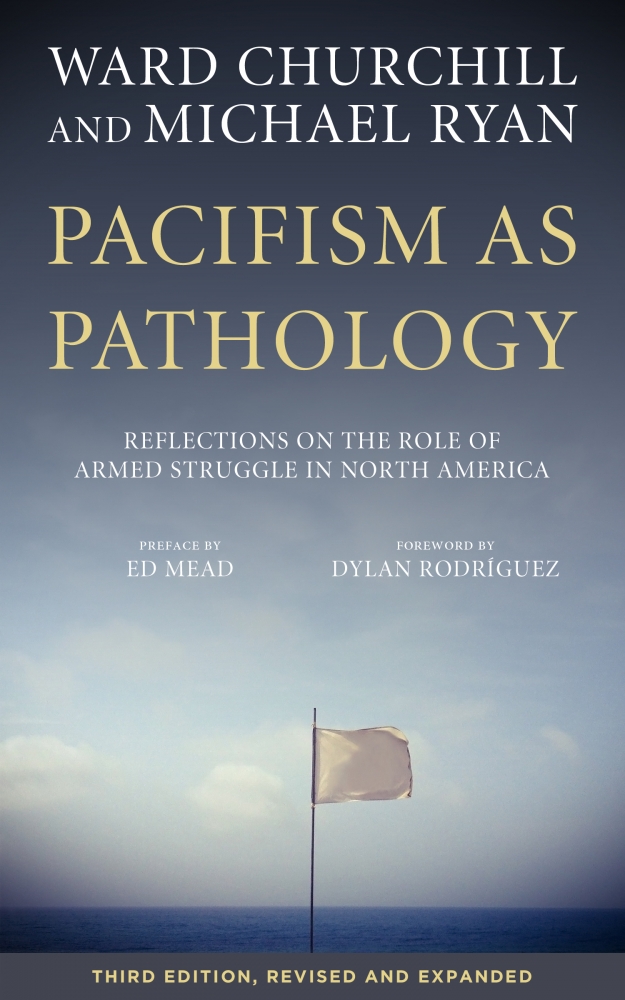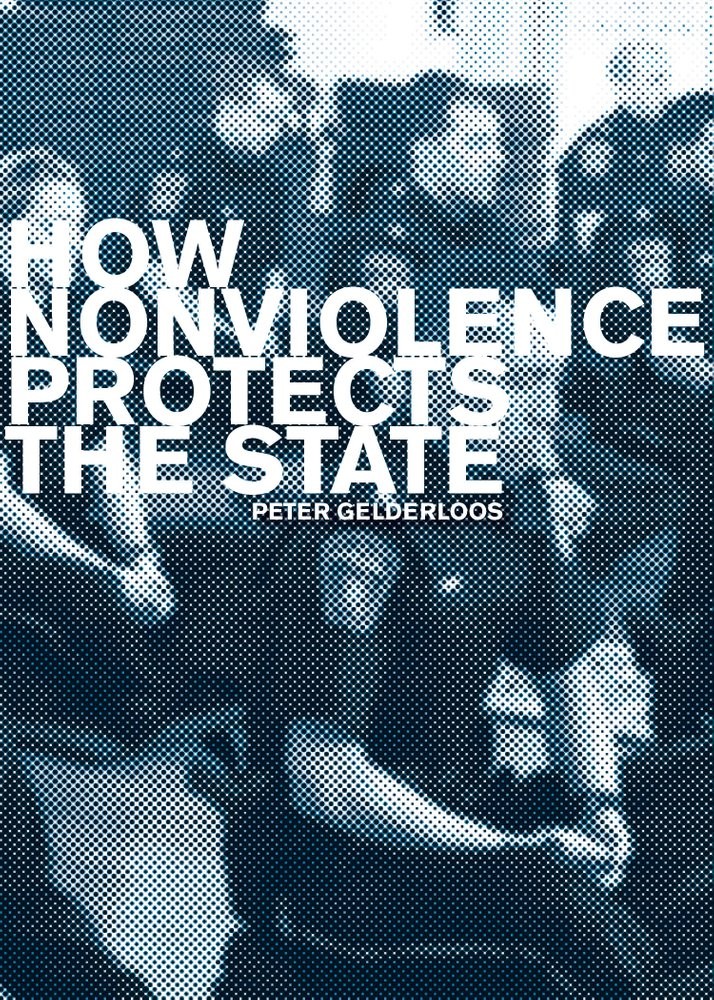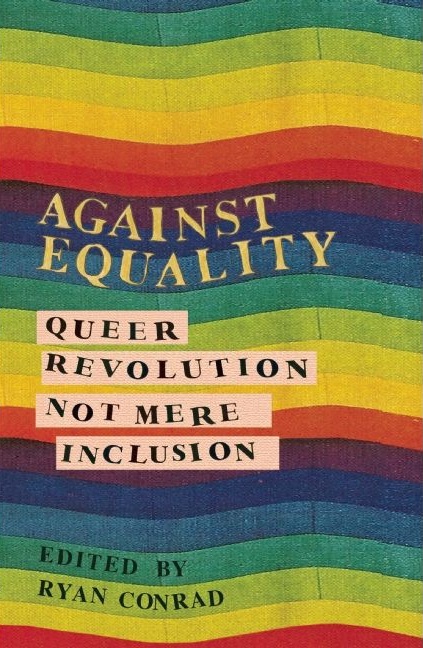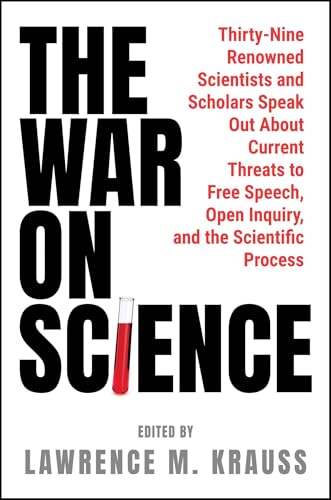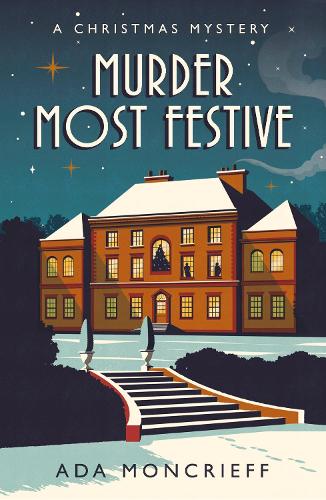nerd teacher [books] started reading Pacifism as Pathology by Ward Churchill
Going down a rabbit hole in order to contextualise things that is definitely going to make me start to feel really out of my own head.
I've read the first three essays and have two more left. I've run into some funny shit (an anti-Bob Black footnote because Bob Black sucks ass and is a terrible person), but I've also run into Churchill doing a "lest I be accused of sexism" without understanding why that charge might hit him. You don't need to pre-empt it if you don't intend to kind of do it, first and foremost; also, the context in which he does also highlights a failure to engage with the off-duty abuses that police inflict. He focuses on how men are more likely to be fatally targeted by police when discussing the official capacity of officers, but he neglects to recognise that men are less likely to …
Going down a rabbit hole in order to contextualise things that is definitely going to make me start to feel really out of my own head.
I've read the first three essays and have two more left. I've run into some funny shit (an anti-Bob Black footnote because Bob Black sucks ass and is a terrible person), but I've also run into Churchill doing a "lest I be accused of sexism" without understanding why that charge might hit him. You don't need to pre-empt it if you don't intend to kind of do it, first and foremost; also, the context in which he does also highlights a failure to engage with the off-duty abuses that police inflict. He focuses on how men are more likely to be fatally targeted by police when discussing the official capacity of officers, but he neglects to recognise that men are less likely to be harmed when officers are off-duty or under unofficial actions... Or hell, even undercover actions, which receive less scrutiny than uniformed actions.
My issue with this (aside from the overt sexism of the "lest I be accused of being sexist" comment) is that... by adding this information, it only strengthens his point about the police. They abuse people on and off the clock, and the targets of that abuse change depending one the context of where and when they are.

